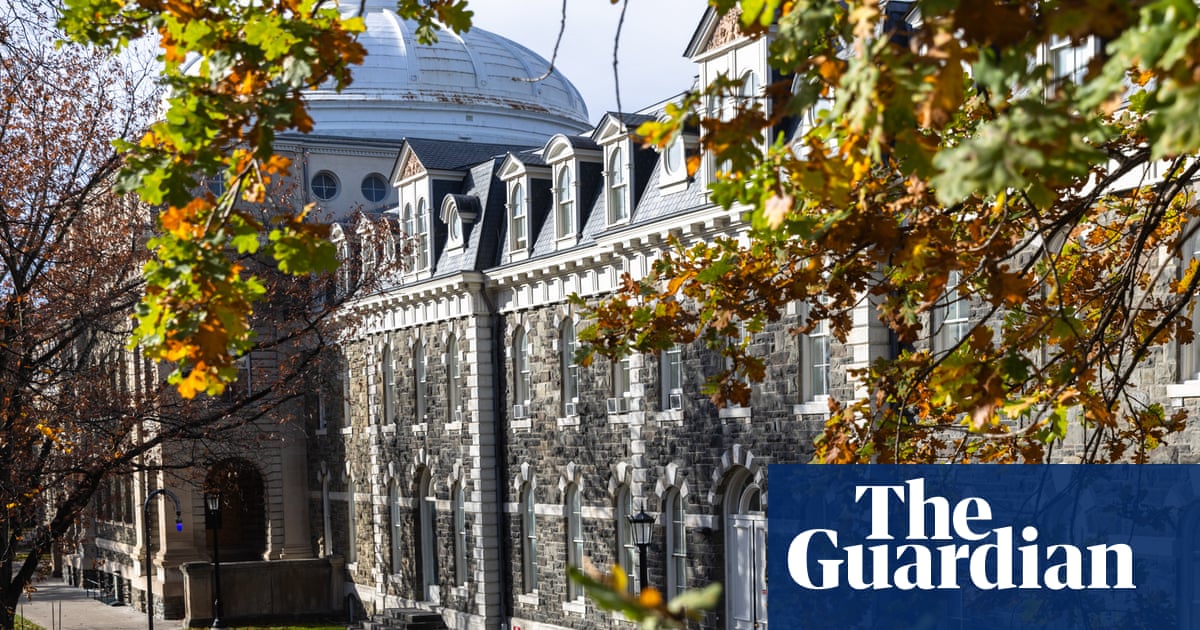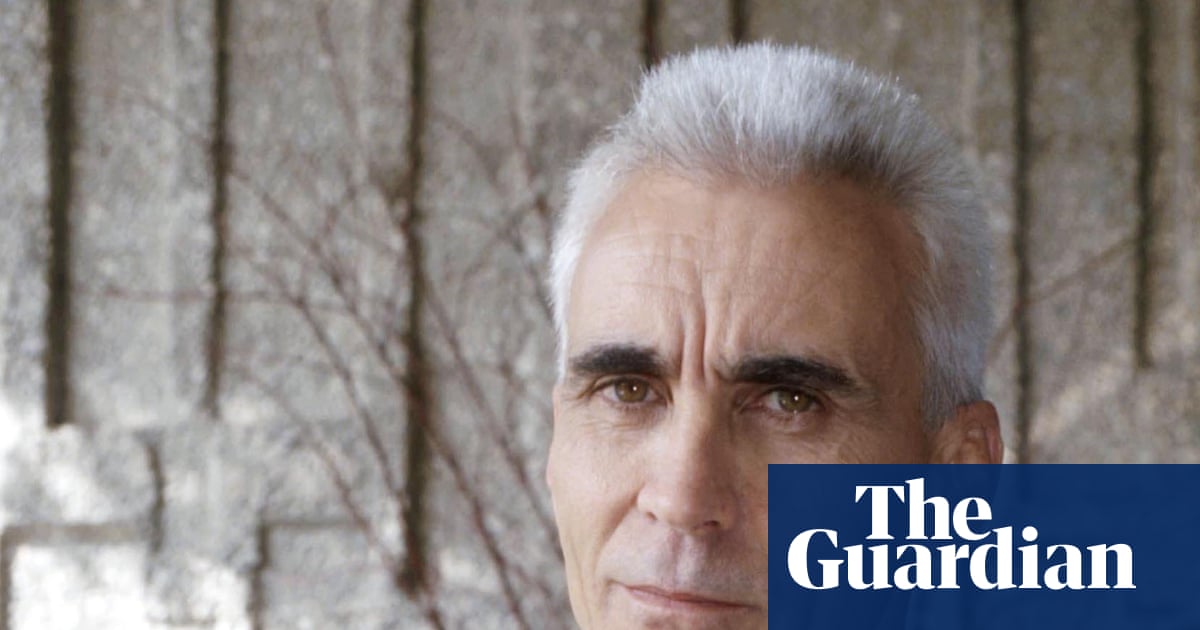A “catalogue of failures” resulted in the murder of a vulnerable young woman who was strangled to death in a care home by a fellow resident with a history of sexual violence, a coroner has concluded.
Senior managers at the care home in Bristol where Melissa Mathieson, 18, died were described as “reckless” by the coroner for not effectively supervising her killer, Jason Conroy.
Maria Voisin, the senior coroner for Avon, also concluded there were failings by Conroy’s home local authority, the States of Guernsey, for allowing him to be placed at Alexandra House without the necessary security measures to keep residents and staff safe.
Speaking outside the court, Mathieson’s father, James Mathieson, said his daughter should still be alive. He said: “She was a wonderful, warm person with an infectious personality that lightened any room she entered.”
He said the home had let down his daughter and Conroy. “He should never have been given the opportunity to murder Melissa. It was well known that he was at extremely high risk of murdering someone, particularly petite females, and he should never have been allowed to wander a care home, unsupervised.”
In her conclusion, Voisin said: “A catalogue of failures resulting in his placement with no effective risk assessment in place resulted in the death of Melissa.”
The coroner highlighted that Mathieson had said she thought Conroy, who was 18 at the time, was stalking her and was frightened of him. Some staff members had also flagged up concerns but no action was taken.
In a narrative conclusion, the coroner said Mathieson “died as a result of unlawful killing caused by both the act of strangulation and also due to the acts and omissions by the home entrusted with her care”.
She added: “The placing authority [the States of Guernsey], knowing this resident’s risk, should not have agreed to the care plan and package being offered; they failed to act when concerns were raised.”
The inquest heard that Conroy had a troubled early childhood on Guernsey and was sent at the age of seven by the island’s government to the UK to be looked after.
While living in care homes in England, he exhibited “extreme sexualised behaviour” and attacked three female members of staff.
The most serious was in March 2013 aged 17 when he assaulted a staff member at Options Higford school in Shropshire.
After trying to touch the staff member inappropriately, he put his forearm around her neck and squeezed until she lost consciousness.
Conroy admitted to a forensic psychologist, Hilary Grant, that he wanted to kill the staff member and have sex with her body. The psychologist said he posed a high risk, especially to petite young women, and it was imperative he was “highly supervised” at all times. The report said that if he was not supervised tightly, it was “almost certain” he would attack again.
after newsletter promotion

Options Higford introduced very strict supervision for Conroy, including never allowing him to be alone. The school told the States of Guernsey it could not continue to care for him. A consultant psychiatrist identified Alexandra House in Bristol on behalf of Guernsey as a potential new home.
Conroy moved there at the end of August 2014 and was given much freedom.
At night, the inquest heard, one staff member was awake and on duty monitoring 16 residents over Alexandra House’s three floors, meaning Conroy was allowed to “roam around” unsupervised. Mathieson told staff she felt he was always “lurking”.
In October 2014 Conroy strangled Mathieson, planning to take her body back to his room and sexually abuse her. He was jailed for life.
During the inquest, Yvonne Hin, the then manager of Alexandra House, said she did not see the crucial Grant report until after Mathieson was killed.
John Duggan, the registered general manager of the home, accepted that the Grant report was “available” to Alexandra House from the beginning of August.
He said changes had been made to how residents were assessed and supervised but the coroner said she would write to the organisation with remaining concerns about elements of how it was run.
Conroy’s social worker, Sename Abotsi, a locum working for the States of Guernsey at the time, expressed surprise during the inquest when told there was only one “waking” staff member on duty at night. She said she had no experience of placing a high-risk person.
The hearing was told that the States of Guernsey paid £1,800 a week for Conroy’s place at Alexandra House – less than half what the type of supervision he had been under at Options Higford would have been expected to cost.
Dr Dominic Bishop, the clinical director of specialist mental health and adult disability services for Guernsey, accepted during the inquest there had been as series of “systemic difficulties”, but said the island had made wide-ranging changes to address the issues the case exposed.
Joseph Morgan, a solicitor for the Mathieson family said: “The coroner’s findings are utterly damning.” He said: “It is desperately tragic that a young woman was deprived of her life as a result of these catastrophic, multi-agency failures.”

 3 months ago
89
3 months ago
89

















































